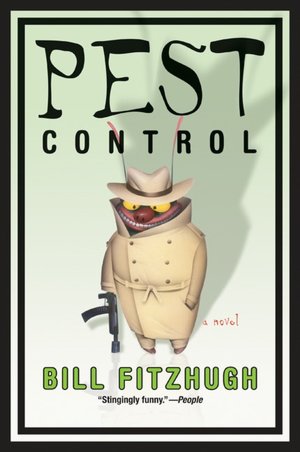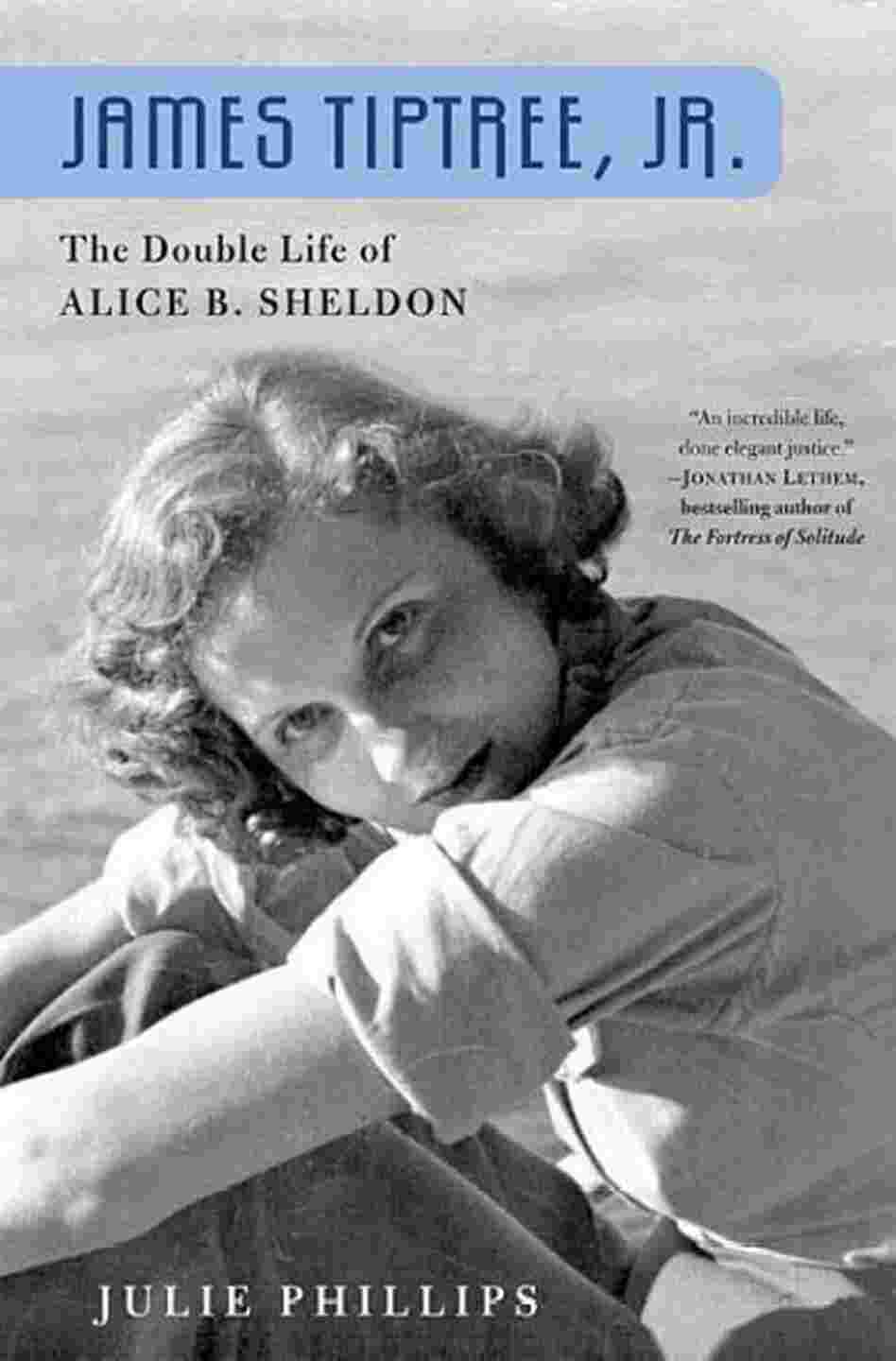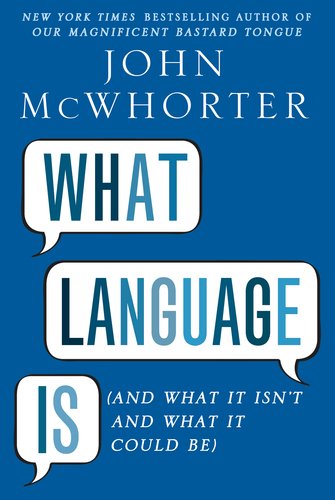 Bill Fitzhugh's 1996 novel Pest Control is so much fun it's a wonder more people haven't read it -- or even heard about it. But then I always wondered why Donald E. Westlake's comic caper novels were not major bestsellers. Pest Control may not be quite as funny or as good as Westlake's best work, but it's close.
Bill Fitzhugh's 1996 novel Pest Control is so much fun it's a wonder more people haven't read it -- or even heard about it. But then I always wondered why Donald E. Westlake's comic caper novels were not major bestsellers. Pest Control may not be quite as funny or as good as Westlake's best work, but it's close.The story tells about a professional pest exterminator named Bob Dillon whose great idea is to breed a new bug that will kill other bugs, as if property owners will pay good money to try to get rid of their roaches and termites by inviting even bigger, nastier insects into their homes and businesses. Through a series of events that almost seem plausible as Fitzhugh tells the story, Bob gets a reputation as another kind of professional exterminator, a hitman. Pretty soon most of the other top assassins in the world are coming to New York City to kill him, both to eliminate one of their competitors and to collect a large bounty placed on his head by a South American dictator.
One of these assassins is Klaus, a man who entered the business to make the world a better place. He kills only people who deserve to be killed, and when he realizes Bob is nothing more than the harmless exterminator he claims to be, he comes to the rescue. Klaus doesn't save the day by himself, however. With his knowledge of New York City and bugs, Bob proves very resourceful against the armed killers, too.
Decades ago someone like Don Knotts or Tim Conway would have been chosen to play Bob Dillon in a film version of Pest Control. That casting would not have been quite right, however. Bob isn't so much a klutzy, mindless comic character as he is an ordinary Joe with a one-track mind. He thinks only about bugs. In a flashback we get to read a love letter he wrote to his sweetheart back in college. The letter is filled with bug metaphors. Mary married him anyway, and in the story she leaves him when their rent is overdue and Bob refuses to rely on dependable, if dangerous, chemicals to do his job.
Mary returns to Bob by the end of the novel. She may be the story's true hero.








